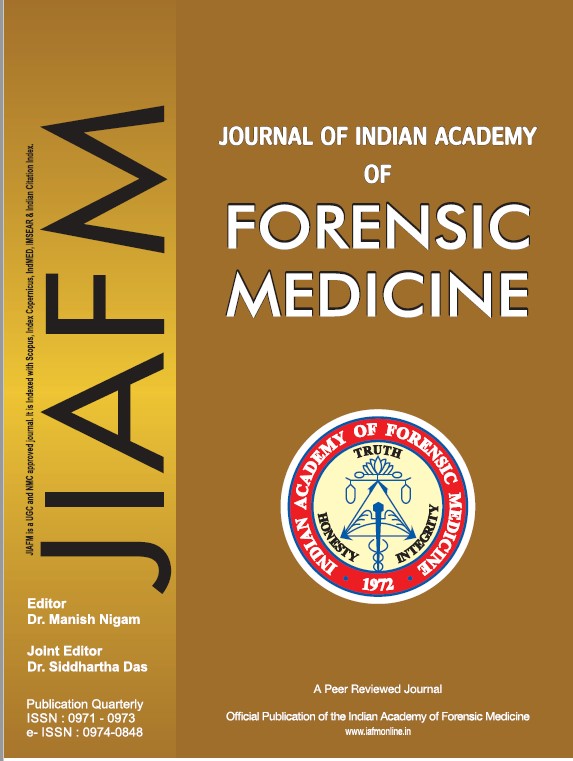rd Ethical climate and its effect in teaching hospital: A vision from 3 eye
Keywords:
Ethical climate, HECS, Teaching Hospital, NursesAbstract
Ethics are the basic things to be followed everywhere and more importantly at work place. In the same way, ethical climate plays a key role in deciding the working environment of a teaching hospital and medical college. The present study aimed to investigate the correlation between ethical climate and its effects in teaching hospital on the basis of perception of the nurses employed in a teaching hospital regarding the ethical climate in their work environment. It was a descriptive, cross-sectional study, which was conducted on 200 nurses working at Parul Sevashram Hospital and Medical College, Vadodara, Gujarat, India. For data analysis, descriptive and inferential statistics were used. Olson's Hospital Ethical Climate Survey (HECS), a self-administered standard questionnaire, was used to assess the nurses' perceptions of the hospital ethical climate. Mean ethical climate scores of nurses for colleagues, patients, managers, hospital and physicians' factors were 4.49±0.491, 4.25±0.489, 4.70±0.353, 4.38±0.402, and 4.53±0.454, respectively. The total mean score of ethical climate was 4.49±0.288. The comparison among the mentioned factors indicated that managers (P=0.000) factor acquired the highest score. In addition, organizational ethical climate did not show any significant association with age, sex, marital status, education status and work experience. The highest score of ethical climate belonged to managers' factor, while the minimum score was related to patients. Regarding the role of ethical climate in the improvement of nurses' performance, planning for enhancing the ethical climate seems to be mandatory.


